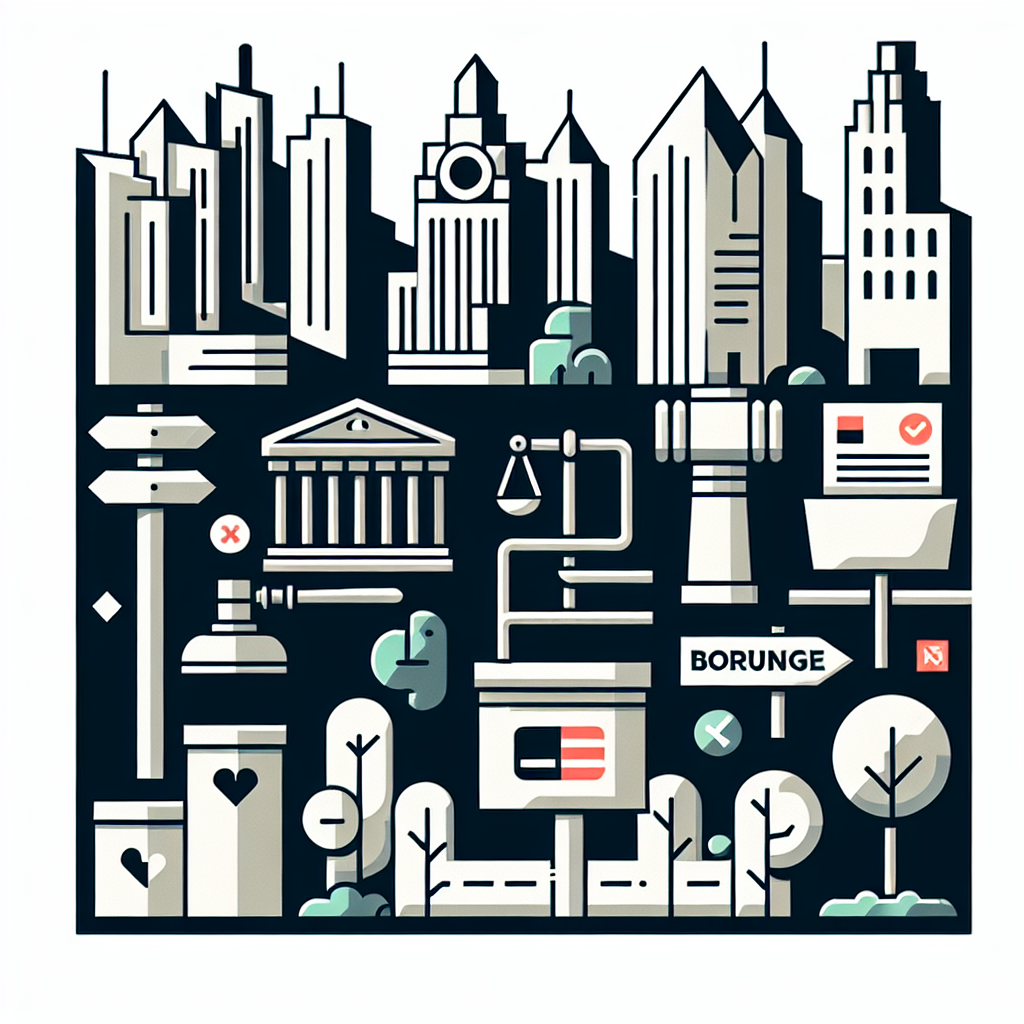With the advent of new technology and the growing emphasis on transparency and community involvement, the landscape of urban governance is continually changing.
This article aims to delve deeper into this fascinating domain, shedding light on some of the most prominent trends, challenges, and developments influencing local government today.
One of the most notable trends in city politics is the increasing adoption of digital technology in the realm of governance. More cities worldwide are leveraging advancements in information technology to improve public services, enhance communication with residents, and create more efficient processes.
This digital transformation has led to the rise of “smart cities,” where data and connectivity are used to optimize city functions and enrich the quality of life for residents.
However, the digital revolution presents its own challenges. Cybersecurity is a significant concern, as the increasing dependence on digital platforms can make city systems vulnerable to cyber-attacks. Cities must continue to invest in robust cybersecurity measures to safeguard their digital infrastructure and the sensitive data of their residents.
Furthermore, city politics is witnessing a growing emphasis on citizen participation and community engagement. With the rise of social media and online platforms, citizens are finding new ways to voice their opinions, influence policy decisions, and hold their local government accountable.

Cities are exploring innovative methods to engage their residents, such as online town hall meetings and digital suggestion boxes, leading to an increasingly participatory approach to governance.
Moreover, the critical role of sustainable development in city politics cannot be overstated. Cities are at the forefront of climate action, undertaking initiatives to reduce their carbon footprint, promote renewable energy, and foster sustainable urban development.
Green infrastructure, waste management, and eco-friendly transportation are dominant themes in the current political discourse, reflecting the pressing need to reconcile urban progress with environmental responsibility.
However, the push for sustainability is not without its challenges. Balancing economic development with environmental considerations can be a tough act, especially for cities grappling with rapid urbanization and population growth. City administrations must prioritize long-term sustainability while addressing immediate needs, a task that requires strategic planning, robust policy-making, and community buy-in.
Lastly, the issue of social equity is shaping city politics today. Cities are striving to bridge the gap between different population segments, ensuring that all residents have equal access to opportunities and resources. Addressing racial disparities, income inequality, and social exclusion is central to the agenda of modern city politics.
The realm of city politics is a dynamic one, teeming with opportunities and challenges.
The trends and issues discussed in this article are just the tip of the iceberg, hinting at the profound complexities and rich potential that city politics hold. As cities continue to evolve, it will be intriguing to observe how these trends shape the future of urban governance, and in turn, the lives of the billions of people who call these cities their home.
Leave a Reply